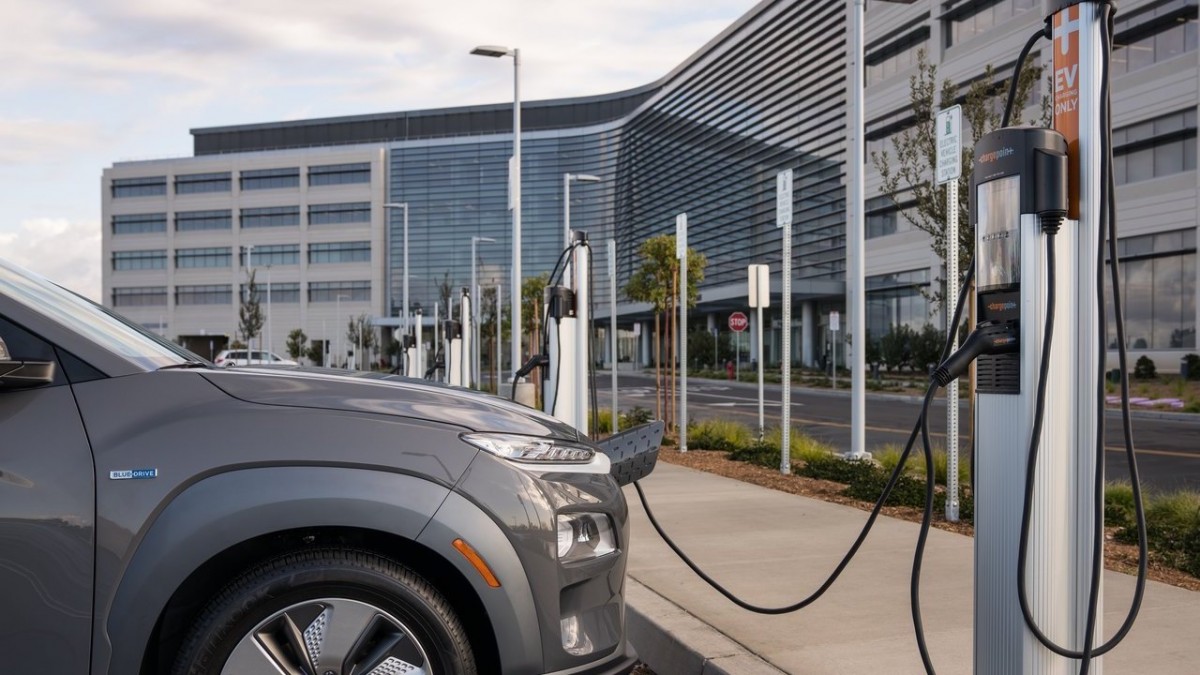

The Bureau of Indian Standards has rolled in new guidelines for the safety of electric vehicles. These new BIS guidelines aim to further enhance and regulate the safety of electric vehicles in the Indian market. According to reports, IS 18590: 2024 and IS 18606: 2024 will be employed on L, M and N category electric vehicles.
The new BIS guidelines aim to ensure that safety protocols are being followed and focus on electric vehicle powertrains as well as other critical components. These also include stringent protocols for battery safety as well as its performance. The new BIS guidelines not only ensure the safety of the battery in terms of its power but also ensure that it is secure.
In addition to this, BIS has also introduced the IS 18294: 2023 guideline to ensure the safety of vehicles that do not fall in the regular passenger car segment. These guidelines ensure that e-Rickshaws and e-Karts which are quite popular in both the public transport and last-mile delivery segment, respectively, follow strict rules ensuring safety of drivers, passengers as well as cargo.
The new standard will not only improve the safety but also compel manufacturers to improve the construction of the electric vehicles. Along with this, functionality improvements on electric vehicles as well as add-on features in view of safety are also expected. Furthermore, the BIS guidelines are not only limited to the vehicles but also the charging systems as well as accessories.
With the new standards in place, BIS now has a total of 30 Indian Standards dedicated to electric vehicles, accessories and charging systems. Thanks to the new standards, the transition towards electric mobility will become more seamless and hazard free. As new EV technology becomes mainstream we will also see crash test ratings for electric vehicles as well.
Also Read: Jeep plans to launch new SUV in India based on Citroen platform priced INR 15-20 Lakh

